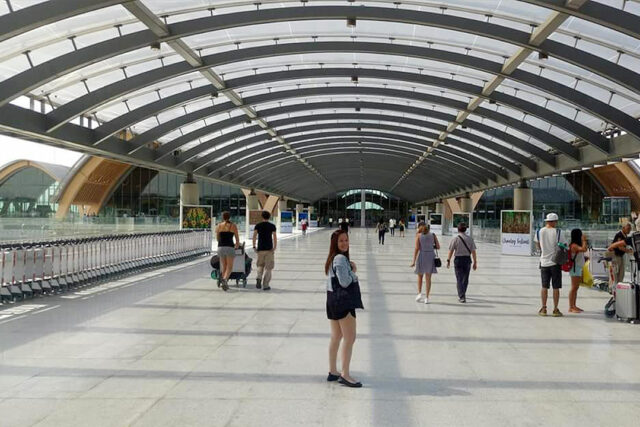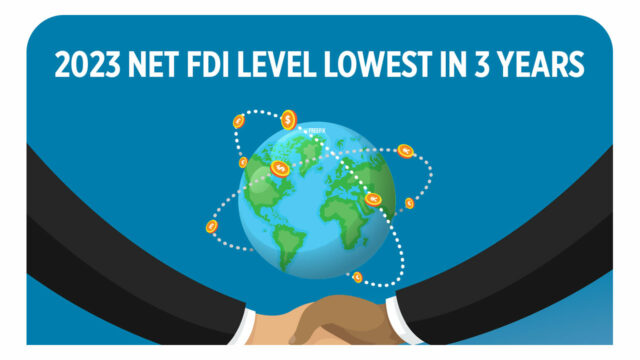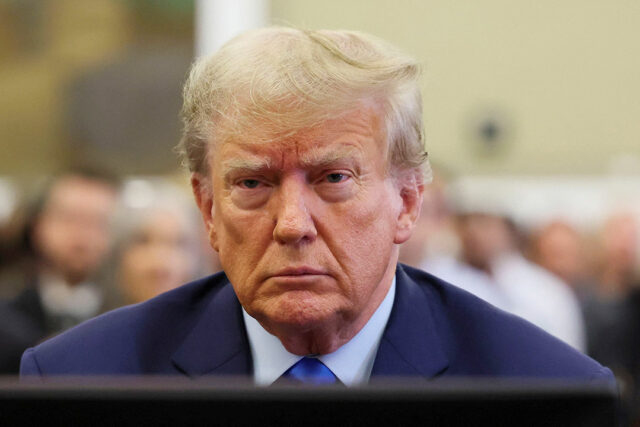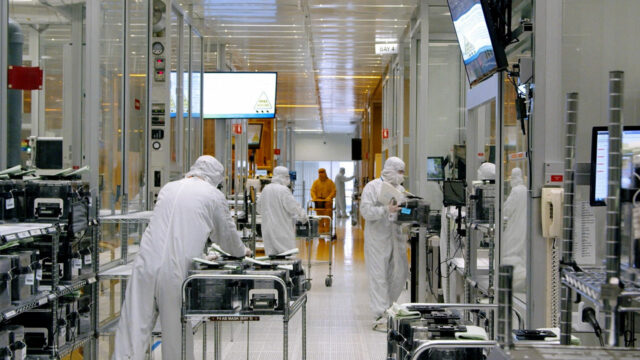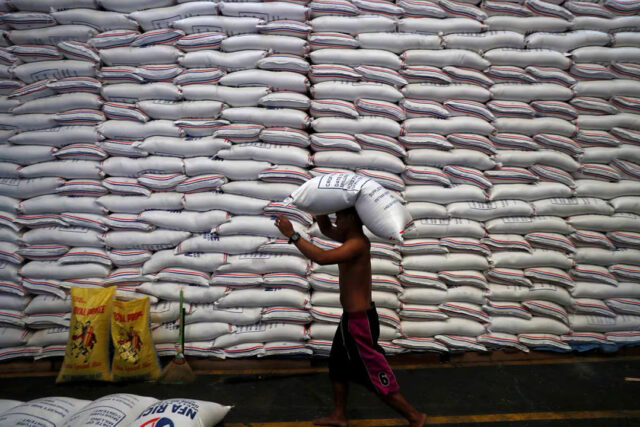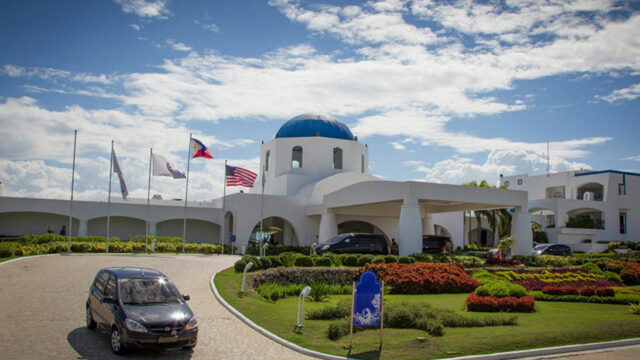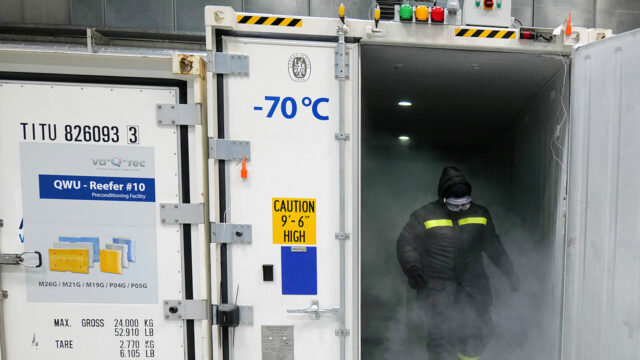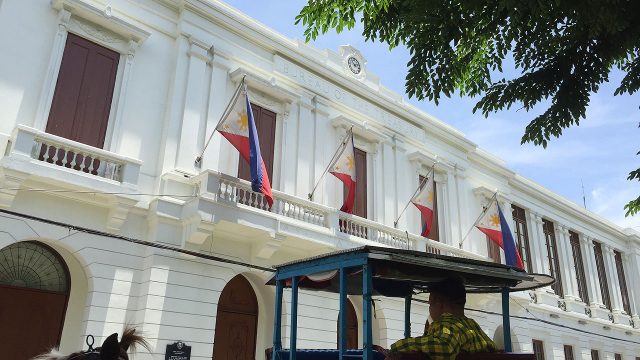By Justine Irish D. Tabile, Reporter
THE Semiconductor and Electronics Industries in the Philippines Foundation, Inc. (SEIPI) said building a wafer fabrication plant needs to be a priority in the event of disruptions in the supply of semiconductor wafers from Taiwan.
“I’m concerned that if China exerts pressure on Taiwan, we may lose our semiconductor wafer supply because they supply 70% of global (requirements), and we’re dependent on them,” SEIPI President Danilo C. Lachica told reporters last week.
“If that supply chain is broken or impacted significantly, our $49-billion industry and 3 million direct and indirect workers will be jeopardized,” he added.
Earlier this year, Secretary Frederick D. Go, who heads the Office of the Special Assistant to the President for Investment and Economic Affairs, expressed support for building a laboratory-scale wafer fabrication plant.
“We’ve had a couple of meetings already,” Mr. Lachica said. “And I’m just elated that (Mr. Go has) taken a high interest in semiconductor wafer manufacturing because it’s really a strategic move.”
The semiconductor industry is among the top five priority sectors for Mr. Go, along with agriculture, mining, steel, and pharmaceuticals.
Mr. Lachica said that the Philippines has a growing integrated circuit (IC) design industry, which could be further improved by building wafer production capability.
“But right now we send the tapes to TSMC (Taiwan Semiconductor Manufacturing Co. Ltd.) in Taiwan. So we might lose the intellectual property; it costs more, and it takes longer, so we really need our own capability,” he said.
“That is what I explained to Secretary Go, and he understands, and that’s why he’s helping us push for it,” he added.
However, he said that the Philippines is not yet ready to build a full-size wafer fabrication plant, which he described as capital-intensive.
“A nanotechnology wafer fabrication plant is going to cost $15-20 billion, and we don’t have that kind of money,” he said. “But again, we should start with small steps and then grow our capability, as we also have to train our talent.”
He said that the Philippines will have to build up its talent base via the prototyping lab.
“But eventually we need the Philippine government to convince the US government to encourage a couple of US multinationals to build a wafer fabrication plant here,” he added.
Meanwhile, he said SEIPI is looking to partner with companies from India and the Czech Republic to further help develop the industry via electronics collaborations.
“We don’t really have any Indian company members practicing electronics because most of the Indian companies are in business process outsourcing,” he said. “We also don’t have any members in the Czech Republic; that’s why, on March 15, I’m going to join the President there to sign an agreement with our counterpart industry association.”
“The next thing is that we invest there or they invest here in the Philippines. But preferably, I’d like the investment here, so that’s why we’re trying to develop the relationship,” he added.
Mr. Lachica said SEIPI has a conservative target of flat growth in semiconductor exports this year, but noted that modest growth could be achieved if trading conditions improve.
“We’re hoping to still see some modest growth for 2024… There’s global demand for electronics products, and hopefully, the conditions will stabilize (after) the trade war, wars, supply chain disruptions, and oversupply… contributed to the decline in exports last year,” he said.

